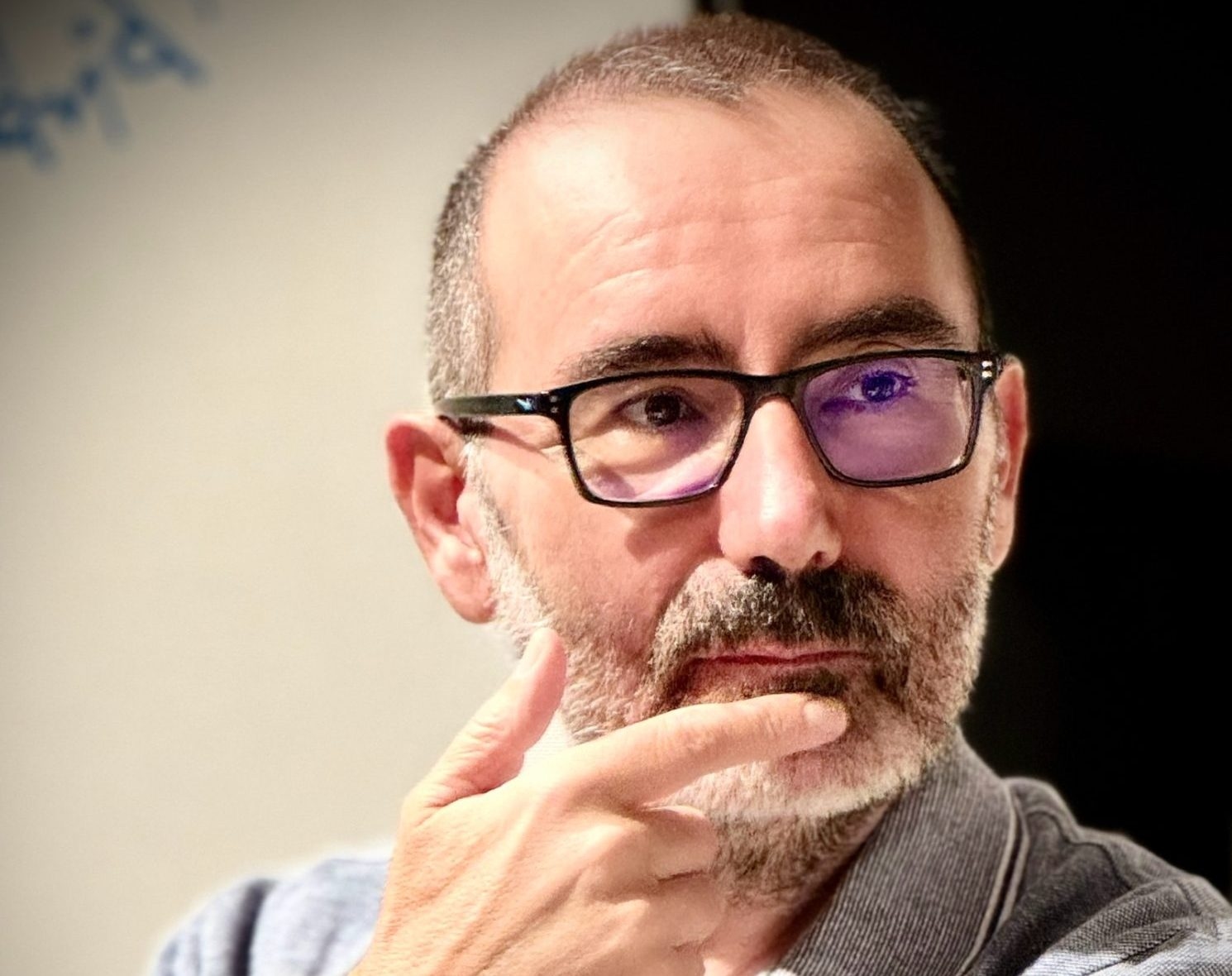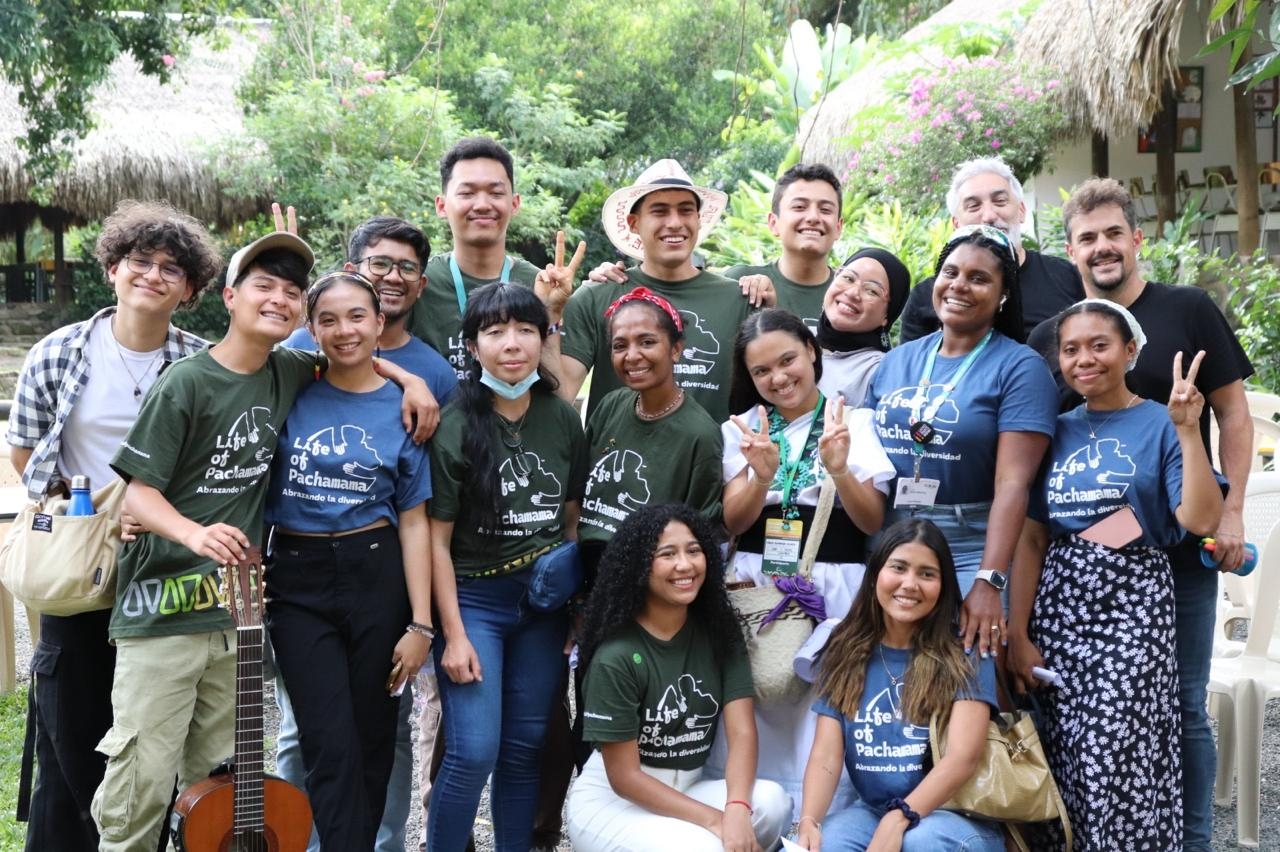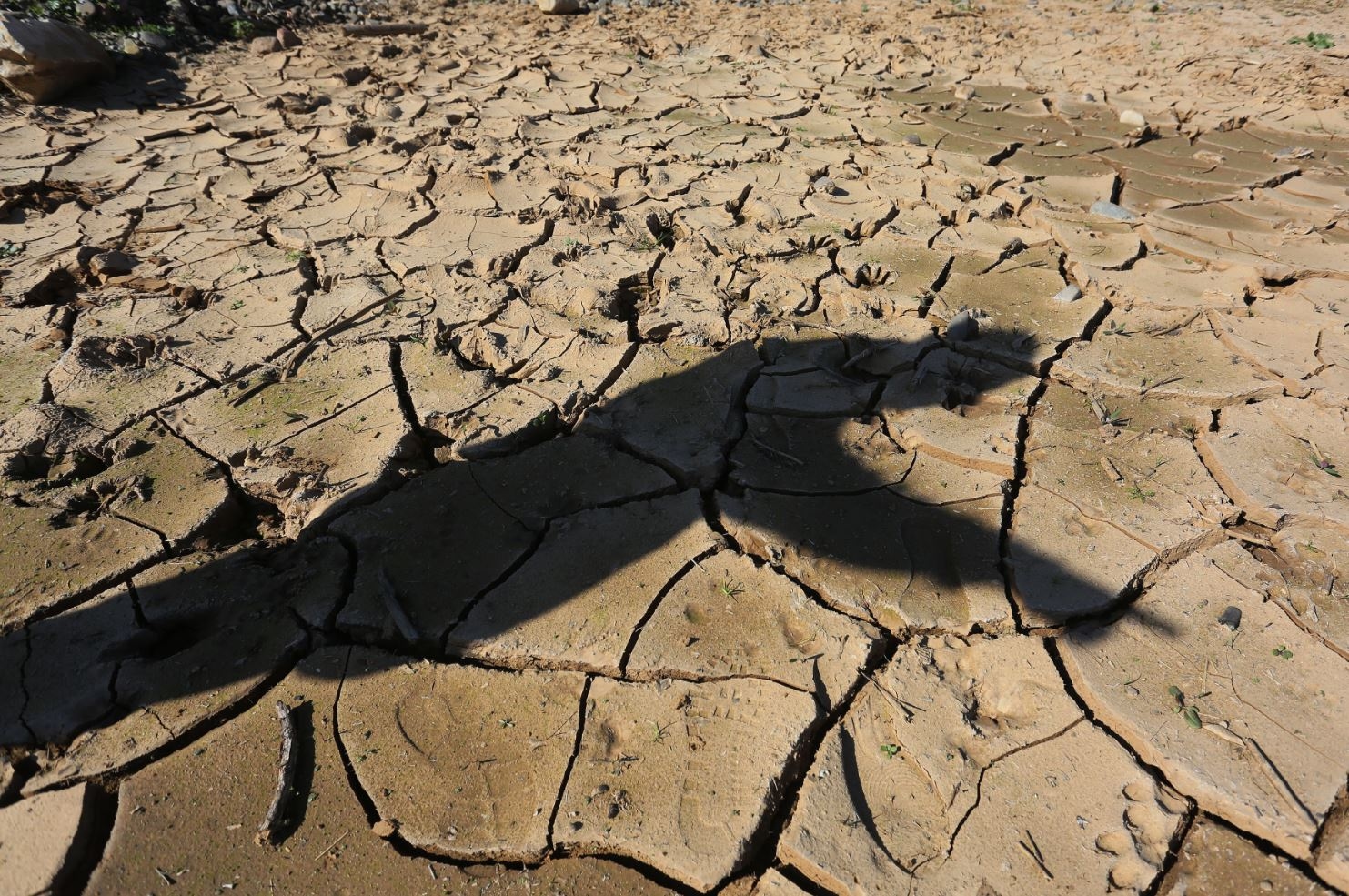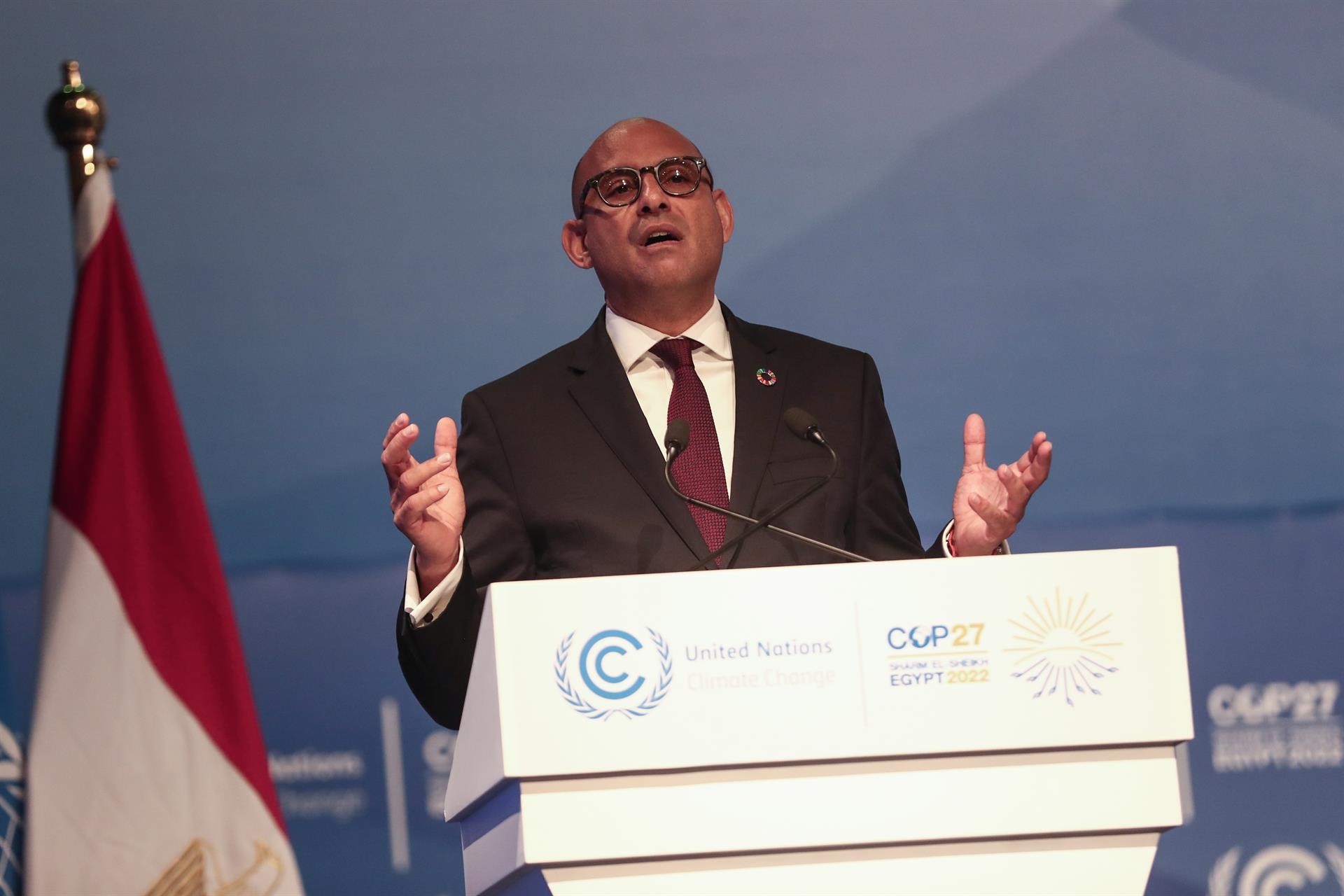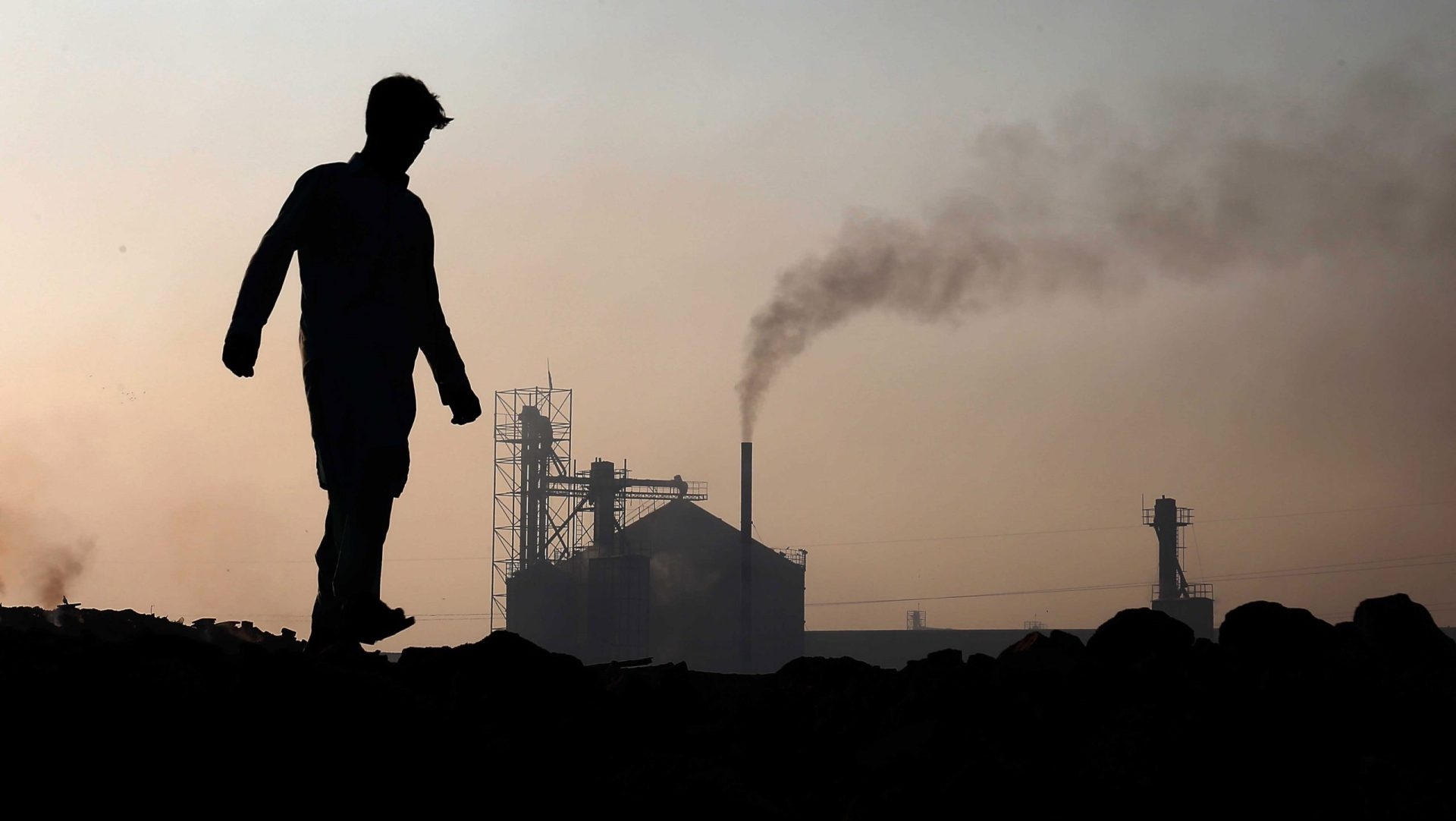From Papua to Tucumán: Young people from the Global South unite to defend climate justice at COP30

Mari Navas
Madrid – The lives of Iqbal Kapale, Agustina Tarcaya, and Nguyen Cam Tu could not be more different. The first lives in Indonesia and belongs to the indigenous people of Papua; the second resides in Tucamán, in northern Argentina; and the third is in Hanoi, the capital of Vietnam. However, they all share a common project: to represent the Global South at the upcoming COP30, which will be held between November 10 and 21 in Belém, Brazil.
Iqbal, Agustina and Tu are three of the 16 young people who will attend COP30 thanks to the Camino hacia la Democratización del Sur program, which is promoted by the organization Life of Pachamama and aims to make territorial justice and youth participation pillars in global climate decisions.
News, scientific studies, statements… All the latest news from COP30
The road to Brazil has not been easy. The program received more than 10,000 applications from young people, of whom 200 underwent several months of training, and only 16 will be part of the organization's delegation. Five more members of the team will join them, making a total of 21, explains Juan David Amaya, the general director of Life of Pachamama, in an interview with EFEverde.
"We ensure funding, we ensure accreditation, and we ensure spaces where they can raise their voices and demands, but at the same time, they can also put into practice what they learned for negotiations," Amaya says.
And although the main focus of this program is attending COP30, it also has two other phases: an initial training phase with about 22 virtual sessions and a return phase, in which participants receive small grants to develop programs, processes and initiatives in their communities.
During COP30, these 16 young people - from Colombia, Peru, Mexico, Brazil, Chile, Argentina, Indonesia, Vietnam and Bolivia - will defend the Global South Declaration, which promotes "climate finance, the participation of new generations, advocacy, intergenerational dialogues and ensuring a dignified and peaceful future for the next generations," in Amaya's words.
All of this, without forgetting their places of origin. "They will be working on their local agendas, their territorial processes, their lines of action from within their movements, from within their collectives. At all times, their representation will be from grassroots processes, from what they have been building from the ground up," explains the representative of Life of Pachamama.
But what do these young people have in common?The Global South is the term used to encompass developing and less developed countries, that is, those in Africa, Latin America and the Caribbean and parts of Asia and Oceania, that demand climate justice.
In any case, it's a very broad territory encompassing very different realities, like those of Iqbal, Agustina, and Tu. They, however, emphasize their commonalities. "[We are united by] the passion and hope of creating a better world. That's what drives them, what drives us," Amaya affirms.
However, their answers are as diverse as their places of origin. From Argentina, Agustina emphasizes financing.
Funding, key for Agustina"It's a reality, I don't know if it's true for the entire Global South, but at least for Latin America, since debt has marked our history and we are also environmental creditors, because that is a reality, while at the same time we are the ones with the fewest resources to face climate change," says the young woman, who has received this opportunity at the age of 30.
A graduate in Communication, she currently works as a teacher and is active in an organization called Sur Ambiental. She explains all this on camera in a video call, where she also admits that she applied for the scholarship on the last day, by chance, after coming across a post about it.

What she was certain of was her climate activism, which began "with the typical thing here in Argentina of wanting to join Greenpeace and defend the whales." As she grew older, Greta Thunberg brought her, like millions of young people around the world, to the streets: "And basically, that's when I started my environmental activism."
Now, ahead of COP30, he is focusing "on everything related to this financing mechanism, which is the exchange of debt for climate action" and on the power of civil society despite being governed by an openly denialist leader like Javier Milei.
"So, perhaps the idea is that civil society, even if the government isn't interested, is," he says.
Being close to decision-making is important for you.Agustina and Tu are separated by about 17,000 kilometers. From practically the other side of the globe, this 23-year-old is another of those selected to attend COP30. In her case, she will be traveling from Vietnam, after spending almost 40 hours in flights, as she admits with a laugh.
Tu began her activism by joining a UNICEF initiative that promoted food in Vietnam, although her interest in the environment began with a question when she lived in India.

“I went to high school in India. So, whenever I looked at the sky in India, it wasn’t blue. It was a black sky and the air was a bit toxic […] So, ever since then, whenever I look at the sky, I feel like it’s very dark in general. That’s why I asked myself if I could do something to make the sky blue again,” she explains.
In her case, she sees this program as an opportunity to achieve her long-term goal, which is to become a "public consultant and advise the government on strategies," so one of the aspects she values most about being able to go to COP30 is being able to see firsthand how policymakers work and create a network of acquaintances in this field.
All of this, along with colleagues whom he values for their "willingness to change" and their consistency with their international objectives and activities.
Iqbal's fight for indigenous peoplesAlongside her, Iqbal also joins the video call. The conversation with this young man, who lives in Indonesia and has just turned 26, is more complicated, as he's in a car and the connection keeps dropping. English is also a barrier at times. What is clear from the very first second, however, are his demands: the rights of his indigenous people.
"I will demand an end to deforestation in Papua's traditional areas due to large-scale extractive industries and strategic state projects that are causing us, as indigenous peoples, to lose our traditional territories," he says, before emphasizing that he also wants recognition of the role of these peoples as "the front line in climate protection."

Iqbal decided to participate in the program because he felt the need to inform the world "that the current climate crisis is not only happening in certain parts of the world, but is happening all over the world."
Also in his region, a remote area boasting the largest forest cover and greatest biodiversity in Indonesia, so much so that it is often called "the second Amazon rainforest of the world." Therefore, as in Brazil, he is fighting against deforestation and mining in his area.
What is the COP? All the keys to understanding the Brazilian climate summit
And he summarizes: "We all demand our participation as young people in all public policy development processes related to social and environmental issues, since we, children, adolescents and young people, are the generation most affected by climate change."
Because it doesn't matter if they are from Indonesia, Vietnam or Argentina, young people from the global south are willing to raise their voices (once again) against climate change.
efeverde

